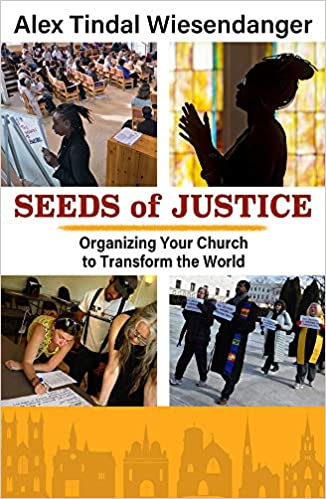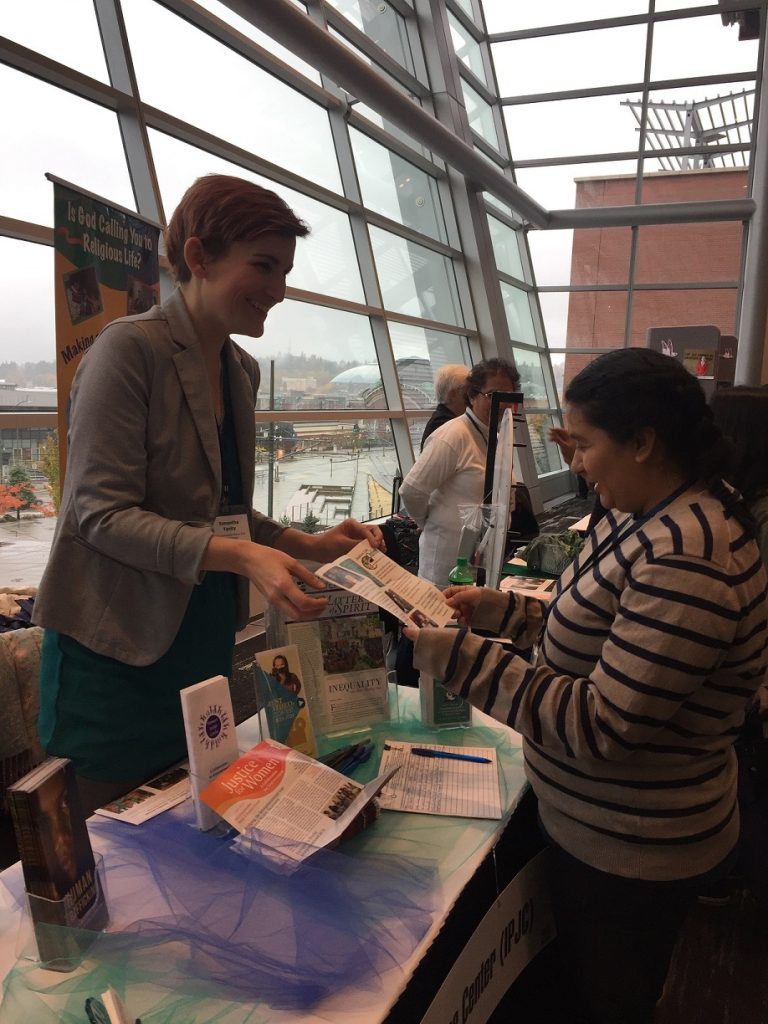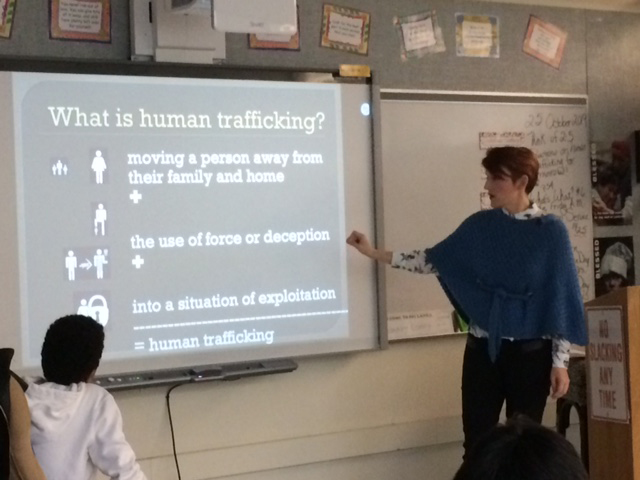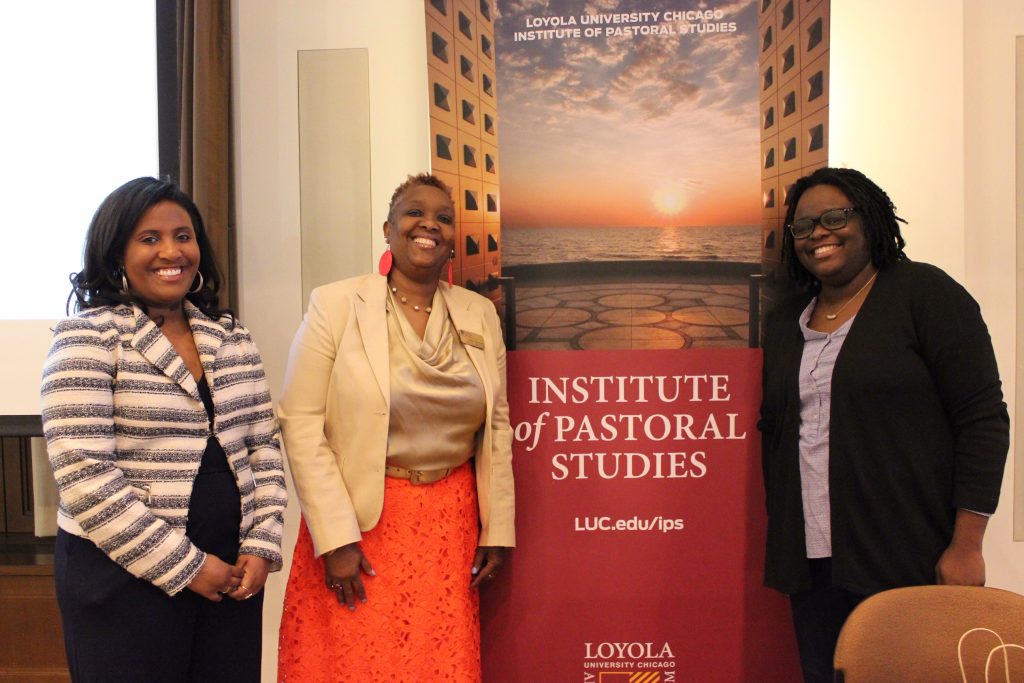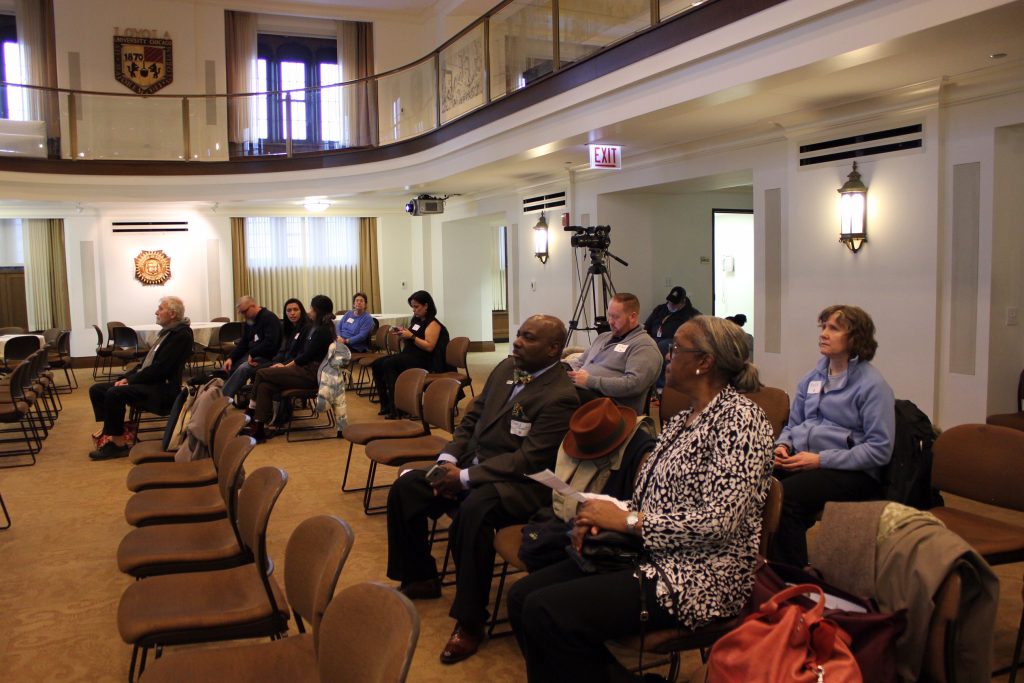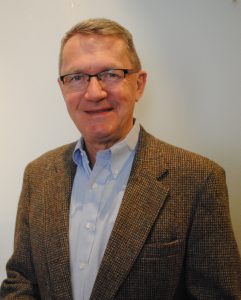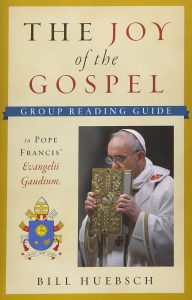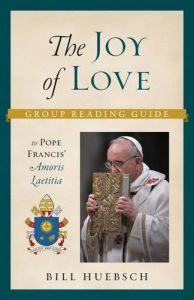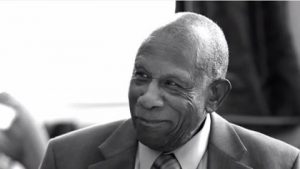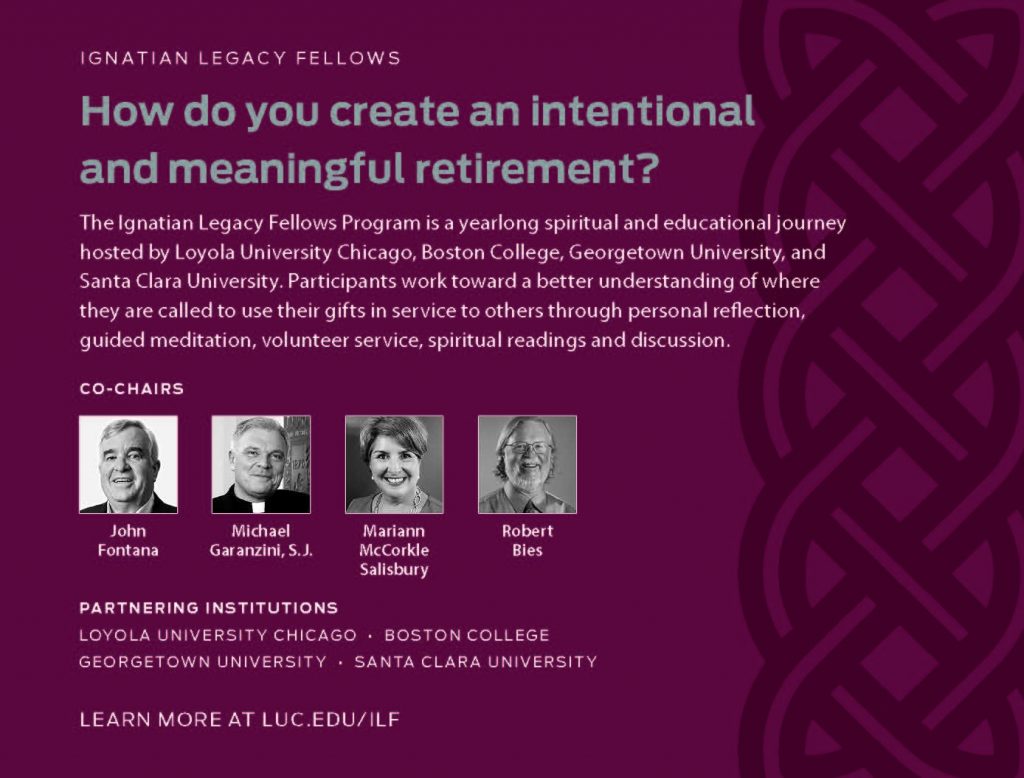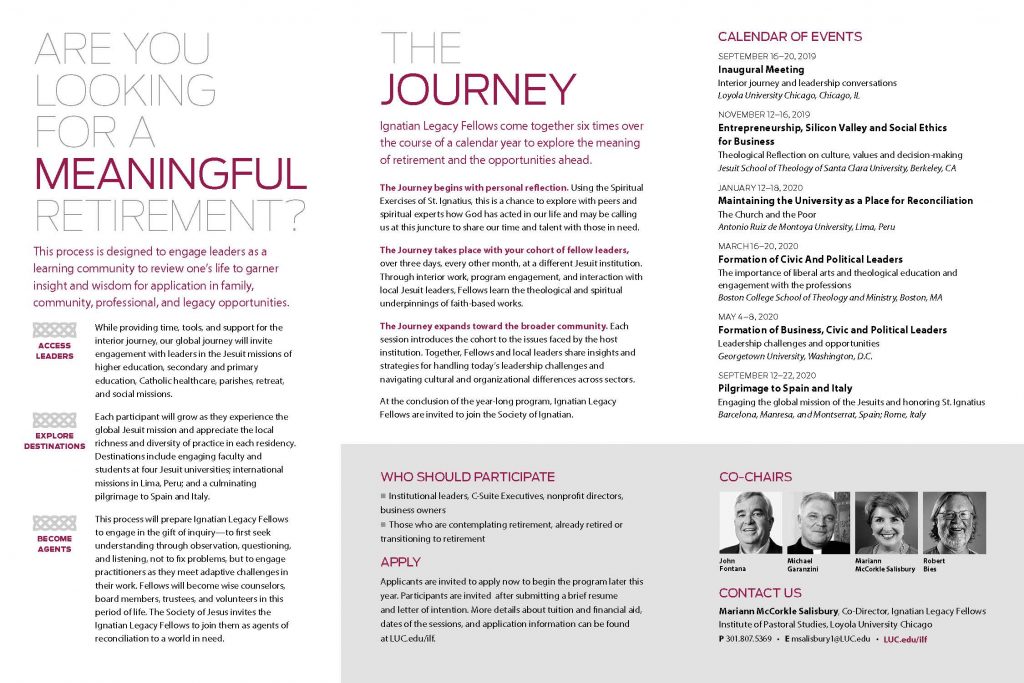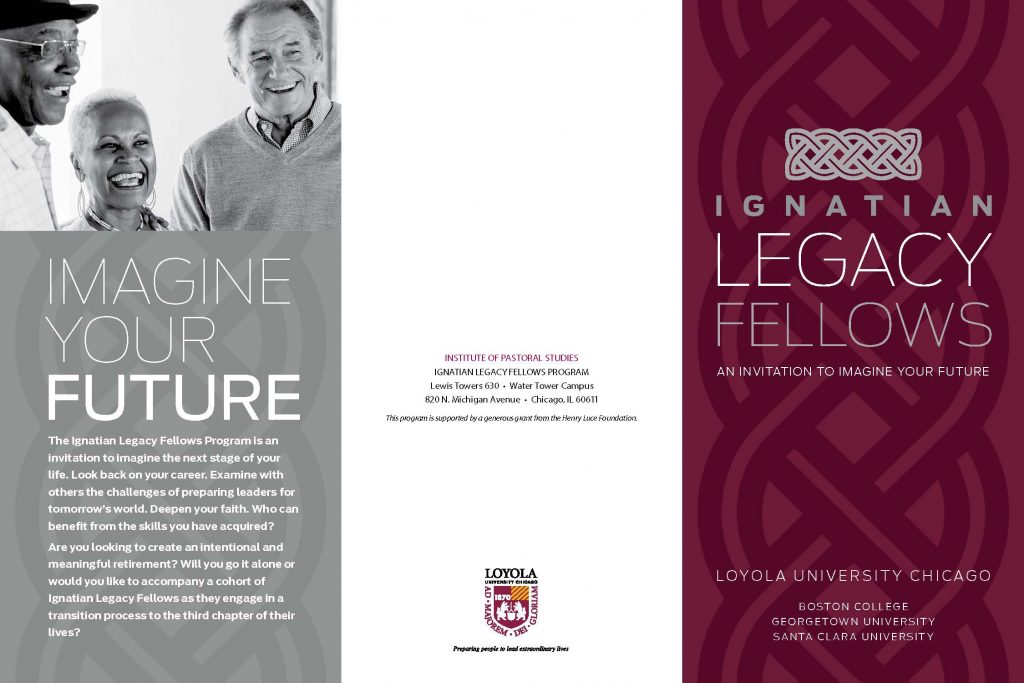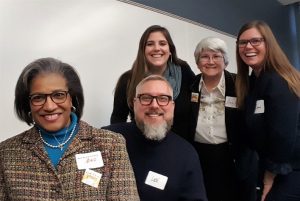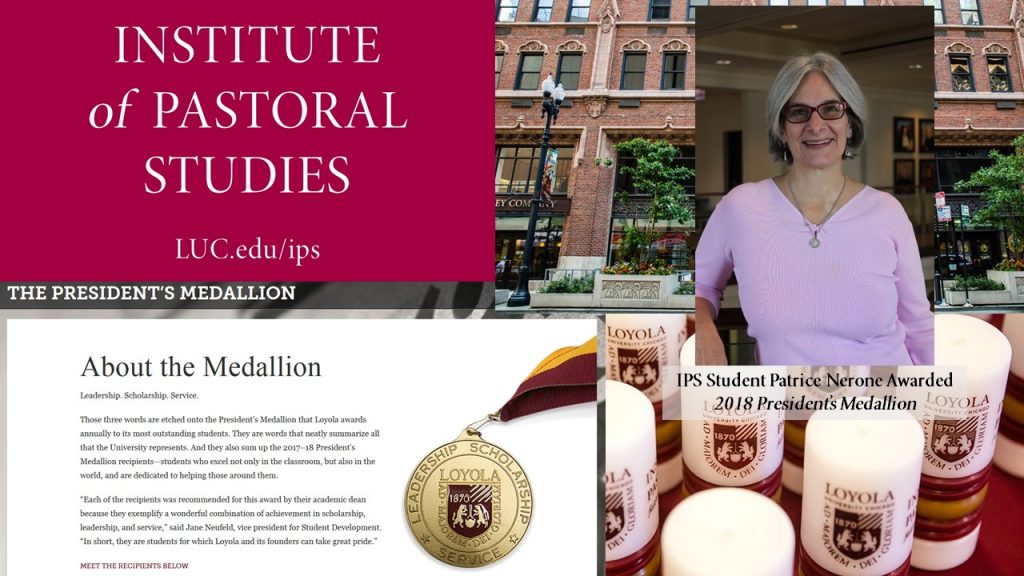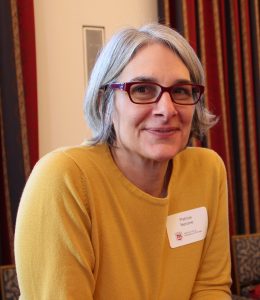By Dr. Peter Jones, IPS Interim Dean, Clinical Associate Professor
On Pentecost Sunday, protests throughout the country and around the world continued. The murder of George Floyd, captured on video and seen around the world, devastates the conscience. His public lynching has catalyzed the release of frustration and anger, the result of centuries abuse, oppression, and all manner of injustices. A collective voice is crying out for justice and yet our institutions of justice continue to fail. Any talk of peace and resolution is premature because we are still unable to hear the truth. Without truth there can be no justice, no peace, no reconciliation, and certainly no growth in love.
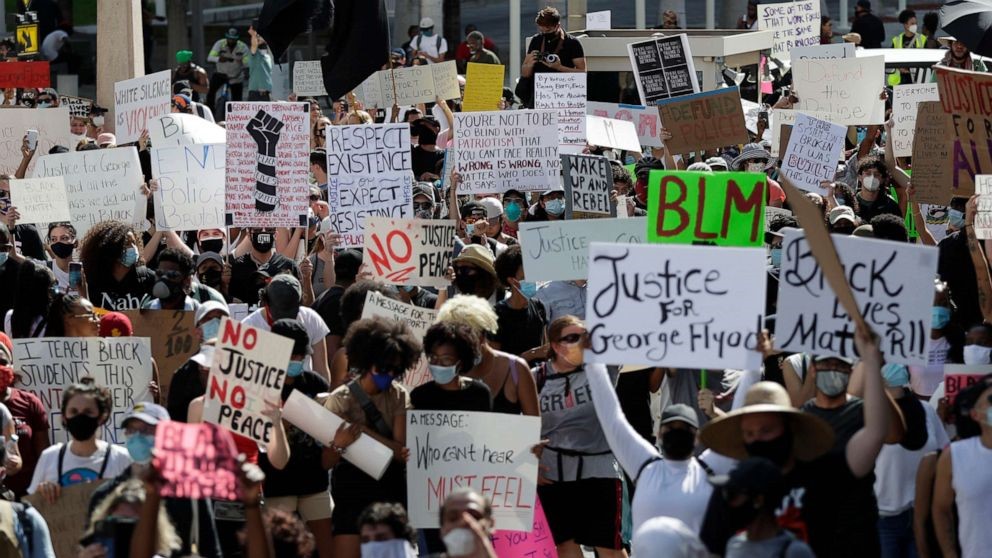
When the day of Pentecost came, they were all together in one place. Suddenly a sound like the blowing of a violent wind came from heaven and filled the whole house where they were sitting. They saw what seemed to be tongues of fire that separated and came to rest on each of them. All of them were filled with the Holy Spirit and began to speak in other tongues as the Spirit enabled them.
Acts 2:1-4.
————————————————————–
In the 9th century BCE, the Assyrians were in power across the region (in what are now portions of Egypt, Jordan, Israel, Lebanon, Syria, Iraq, and Iran) and they were barbarically cruel. When Assyrian rulers perished and leadership transitioned, revolutions came and went and some areas secured a measure of control and relative peace in their lands, but not for long. The Assyrian’s seemed always to return and establish control.
In the first half of the 8th century BCE, having gained control over portions of Israel, the people there experienced new levels peace and prosperity, levels not known since King Solomon some 200 years earlier. While it appears to have lasted only a few decades that renewed power in local hands led to new corruptions, injustices, and oppressions, as seems too often the case. Amos saw this and God called him prophesy, to call out this injustice and warn the people that these oppressions violate the will of God. Amos offered strong words, chastising those where were once struggling for their independence from Assyrian tyranny as they now embody their own tyranny, becoming the oppressors. Amos speaks to directly to these, bringing truth to the new powers-that-be, who were his own people.
There are those who turn justice into bitterness and cast righteousness to the ground. […] There are those who hate the one who upholds justice in court and detest the one who tells the truth. […] There are those who oppress the innocent and take bribes and deprive the poor of justice […] Therefore this is what the Lord, the Lord God Almighty, says: “There will be wailing in all the streets and cries of anguish in every public square. The farmers will be summoned to weep and the mourners to wail. There will be wailing in all the vineyards, for I will pass through your midst,” says the Lord. […] “Let justice roll on like a river, righteousness like a never-failing stream!”
Amos 5:7, 10, 16-17, 24 (NIV)
——————————————————————–
“For I will pass through your midst…”
God’s righteous anger “passes through.” Amos doesn’t bother with the question that so bothers many moderns, “Can God get angry?” Amos knows God’s anger and warns that it will bring turmoil and violence to the oppressors and upset their enabling institutions. The only way to prevent it is to hear and accept the truth and pursue justice openly. For this, Amos cried out.
He was not heard. His warnings were not heeded. Will we listen, today, to the voices crying out for justice? Are we willing to hear and accept the truths those voices bear? Or will our defensiveness get the better of us, yet again? As the Rev. Dr. Martin Luther King, Jr. wrote while incarcerated in Birmingham, Alabama, reflecting on the profound challenge presented to the civil rights struggle by white moderates, will we again seek law and “order” instead of true reconciliation, accept “the absence of tension” rather than the pursue “the presence of justice,” and “paternalistically” believe that we know better how “they” ought to protest and to set the timetable for “their” freedom?
There is a Holy Rage passing through our midst. The Spirit has descended again like tongues of fire and empowers voices of truth, enlivens movements for justice, and demands that we accept the prophet’s challenge to let go of our desires to pursue God’s desire.
Justice is an expression of love. Individually, we act justly when we view and treat each other according to what we are: beloved children of God. Collectively, our groups and our society are socially just when the institutions we set up and control function to treat us all according to what we are: beloved children of God. And this extends beyond ourselves: we and the institutions we create must function to treat all of God’s creation accordingly. Every tree, animal, and ecosystem is a beloved creation of God and must be treated as such. “God saw all that God had made, and it was very good.” (Gen 1:31).
In the face of this divine intervention, these tongues of fire, this passing through of Holy Rage … what shall we each do? What shall the Institute of Pastoral Studies do? What shall Loyola University Chicago do?
I recommit myself to the personal task of pursuing the truth: to study, to understand, to meet, to listen, and to meditate. This requires an intentional battle against my own racist unconscious, the fears deep within me, infused in me by the society and culture in which my self-understanding has emerged and developed. This requires humility and an openness that is not simple or easy to maintain. How many of us regularly win the battle against our ego’s own defenses? However difficult this work may be, we cannot do otherwise. Pray for fortitude and courage.
I’m sure I’ll fail in many respects but I won’t stop. Even further, our failures cannot prevent us from participating in the collective soul-searching required of our community. If you wait to “get it right” for yourself before you join in then you’ll never join in and our advancing struggle will be paralyzed. We can instead choose compassion and offer each other grace as we come together to work on our shared lives. The Institute of Pastoral Studies is not mine. It does not belong to the faculty, staff, or students. It is ours. It is as it is because of us. Let us take renewed ownership at each level, assess its policies and its functioning, assess our contributions and ways of proceeding, and consider the ways we interact through it.
How can we, the Institute of Pastoral Studies, come to terms with the fact that we are an HWI, a Historically White Institution? What do we do with that fact and with what we will undoubtedly learn about the IPS? How will we integrate the voices and the truths emanating from those of us whose skin color remains the focus of hatred and violence? What values and priorities will we seek to embody and upon which we will call to help us make decisions when things are not clear?
These questions are not easy to ask and even harder to answer honestly. Will you participate with us? Will you commit yourself to the personal, interior work necessary to be anti-racist? Will you participate with us in a collective process of reflection and action?
Opportunities for this are under development, beginning with a moment of prayer. A group of IPS students, staff, and faculty will offer that moment to the entire Loyola University Community this Thursday, June 4, 2020 at noon. This will be an opportunity to center ourselves, to gather our resolve, and begin our work together.
Will this moment also be the beginning of your journey … or the end? It is up to each of us.

